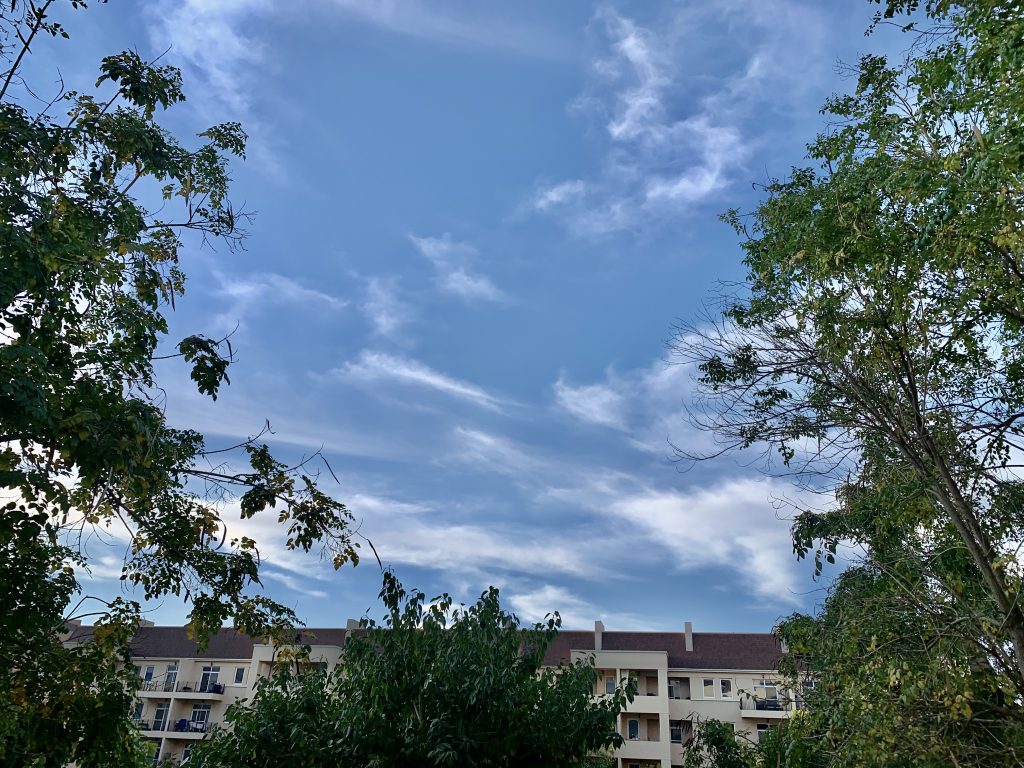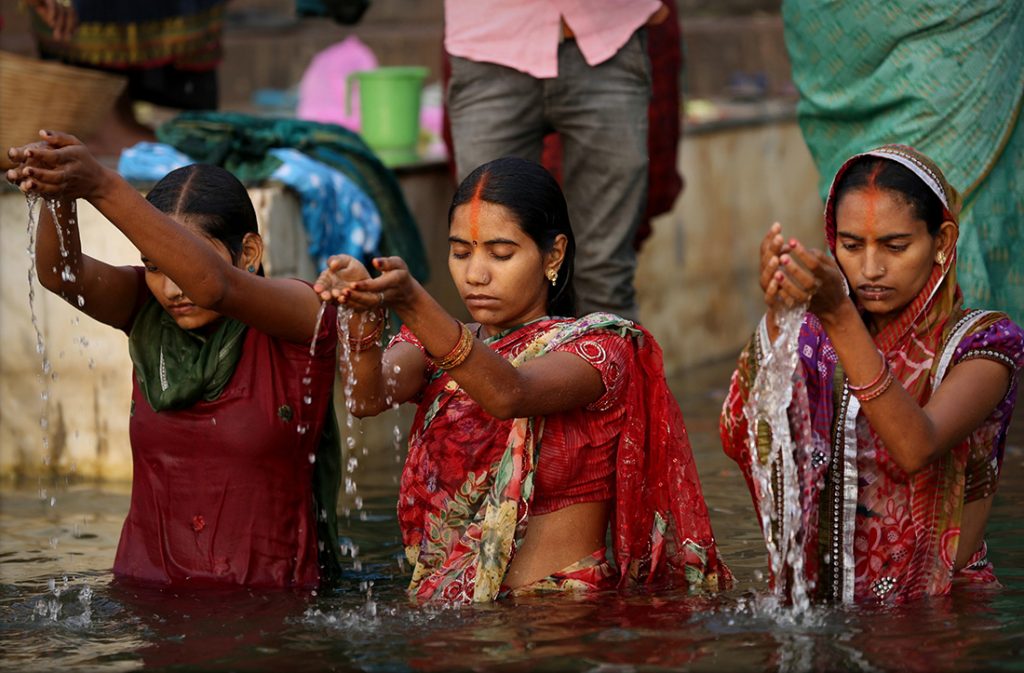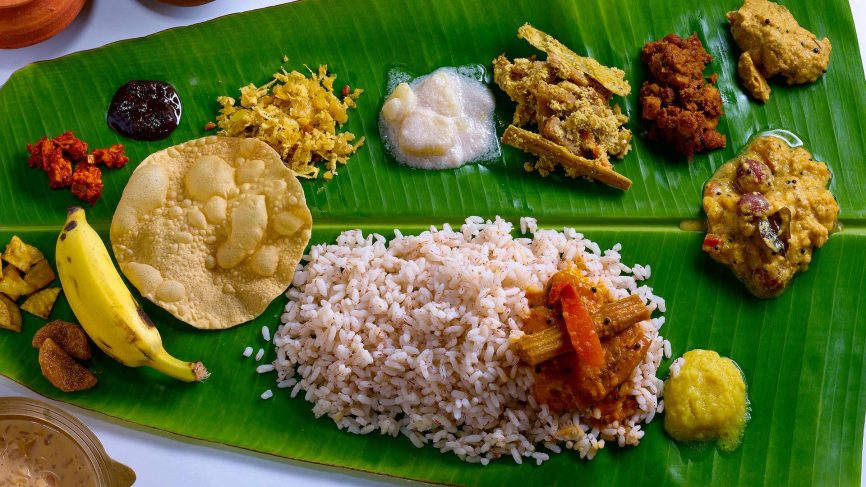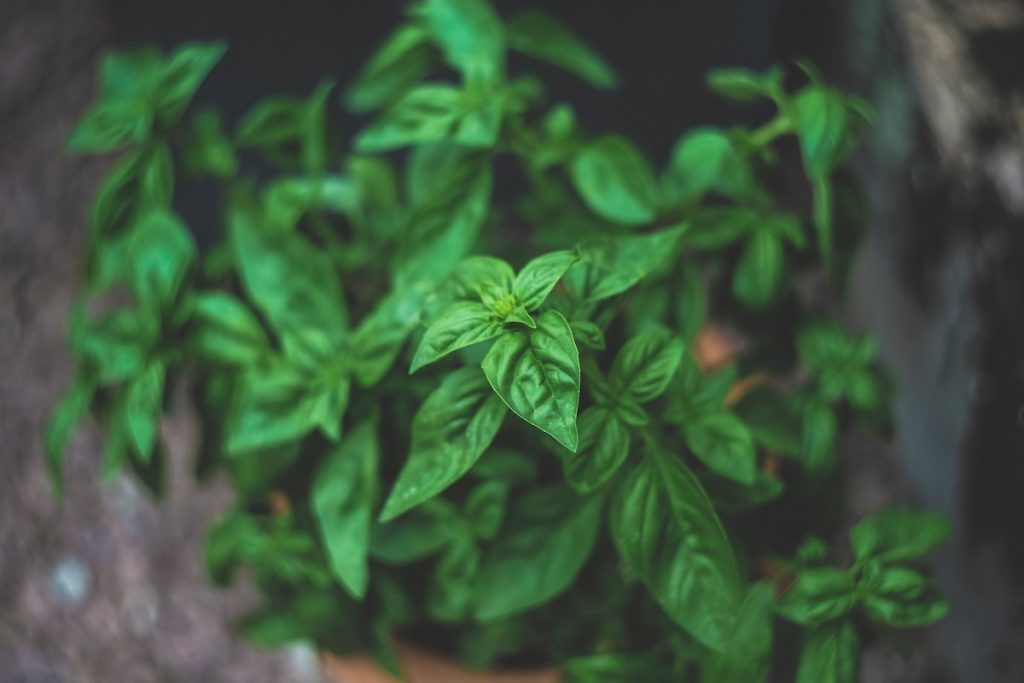The worldwide lockdown due to COVID-19 has resulted in an unexpected benefit – cleaner air, clearer skies, and marked decreases in pollution levels. The Ganga is visibly cleaner, so are the canals of Venice. Delhi’s notorious air quality has seen remarkable improvement. There have been sightings of wildlife on the streets of Chandigarh, reduced vehicular traffic has resulted in much lesser noise pollution – nature is demonstrating it’s capability to heal itself, once we get out of the way. A thought then – why not make this an ongoing process?

Caring for the environment has always been an integral part of Indian culture. Following the yogic yama of aparigraha – or non-attachment to material possessions, ensured that we did not hoard or be greedy – we only used what was necessary at that stage of our lives. Ahimsā, or non-violence was practiced since ancient times, and hence India as a country has the lowest rate of meat consumption in the world. Bhuta–yagna, one of the panchamahayagnas, was a process of taking care of other beings – plants, fish, animals, birds…We worship and love the environment as being part of our own selves – the sun is worshipped as surya–devta, moon referred to fondly as chandamama, Ganeshā, one of our most-revered deities has the head of an elephant, and the Ganga is worshipped as a living being, and addressed as Mā Gangā – mother Ganga.

From a plant to a rock – we see divinity in everything.
In our own small ways, we have maintained the traditions of non-wastage and aparigraha. An example of this is the life-cycle of the humble Indian T-shirt – which goes from being worn when you go out, to being worn when home, to being worn when exercising, and then, being cut into usable pieces for cleaning floors, until there are nothing but shreds left! Our newspapers and old books are sold to the kabādiwala or scrap dealer, clothes are dried in the sun, a bath is taken from a bucket of water, and dishes are washed by hand.
In many rural houses (and at street food vendors), plant leaves are used as plates, and of course, most Indians eat with our hands.

The list goes on, but the point here is that we are naturally tuned to sustainability and environment conservation.
But we have faltered. Over time, these simple practices have given way to so-called convenience, and as a result, we are at a stage where the environment is polluted beyond redemption. Time and again, we are reminded to be sustainable, but mostly through cosmetic and shallow measures – the earth hour being one such example. Doesn’t do much other than indulge in mere symbolism. So how can we make a difference? Here are three things you can do, to contribute in your own small way (other than the measures described above).
Shop well
Purchase just enough groceries from the supermarket, that can be used without even a single item going to waste. Don’t get swayed by bulk discounts – they usually result in wastage, and over-consumption (now that we have bought it, might as well finish it). Carry cloth bags – make a habit of keeping them in your car once emptied, else you may tend to forget to carry them the next time around. And invest in a water purifier – bottled water results in too much plastic. Reduce consumption of processed foods, and shop for more fresh produce – it’s cheaper, and healthier too.
Gift a plant
My friends Gayatri and Neel, usually carry a plant as a gift – a wonderful gesture and a beautiful message. Flowers look good, and smell good, but wither away soon enough. A plant, on the other hand, is a gift of life, that the person can take good care of and also remember you every time they water it. And oddly enough, a living plant is inexpensive as compared to a dead bouquet.

Be mindful of your utilities
Born in Bengaluru, we were subject to frequent power-cuts, and as a result, we were very careful with electricity – we turned off appliances after use (to counter power surges) and switched off the lights when we exited the room, even if for a few minutes. This habit has stayed with me (and a lot of fellow Bangaloreans I suspect) and it is an unconscious habit. My wife doesn’t like this too much, since there have been many times when I switched off the lights while she was still inside! – my mindfulness training is till work in progress:). Jokes apart, ensuring that you switch the lights and appliances off, and not use running water while shaving or washing dishes, can save a lot of consumption.
And this goes for electronics too – while they consume less electricity, the more they are on – the more they need to be charged.
It is not about the money – it is about our responsibilities towards the environment, and our attitude towards conservation.
There have been many efforts to educate us, cajole us, even threaten us to be more sustainable – most have fallen on deaf ears. It took a virus to demonstrate a viable solution – we have to get out of the way in order to genuinely make a difference to the environment. No, I don’t advocate a lockdown forever – far from it.
But can we, as a species – not just one society, or one state, or one country – can we come together as a species and stay out of the way for one day a week?
If this suggestion was made a couple of months back, I may have seemed a bit mad, but today – we are working from our homes, not venturing out for days together, and wearing masks and gloves when we go to purchase bread. At first, it was difficult for some, but with most lockdowns ranging from 3-4 weeks, one day a week doesn’t sound too radical. After all, it takes 21 days to form a habit, doesn’t it?
ॐ द्यौः शान्तिरन्तरिक्षं शान्तिः
पृथिवी शान्तिरापः शान्तिरोषधयः शान्तिः ।
वनस्पतयः शान्तिर्विश्वेदेवाः शान्तिर्ब्रह्म शान्तिः
सर्वं शान्तिः शान्तिरेव शान्तिः सा मा शान्तिरेधि ॥
ॐ शान्तिः शान्तिः शान्तिः ॥
Om Dyauh Shaantir-Antarikssam Shaantih
Prthivii Shaantir-Aapah Shaantir-Ossadhayah Shaantih |
Vanaspatayah Shaantir-Vishve-Devaah Shaantir-Brahma Shaantih
Sarvam Shaantih Shaantireva Shaantih Saa Maa Shaantir-Edhi |
Om Shaantih Shaantih Shaantih ||
Aum. May peace radiate there in the whole sky as well as in the vast ethereal space everywhere.
May peace reign all over this earth, in water and in all herbs, trees and creepers.
May peace flow over the whole universe.
May peace be in the Whole Universe.
And may there always exist in all peace and peace alone.
Aum peace, peace and peace to us and all beings!
Shukla Yajurvevda
My feathered friends are natural conservationists – they live within the environment, of the environment and melt into nature. They do not exploit it, nor think of themselves above it. One can learn a lot from these small birds. Here is what they have to say:
